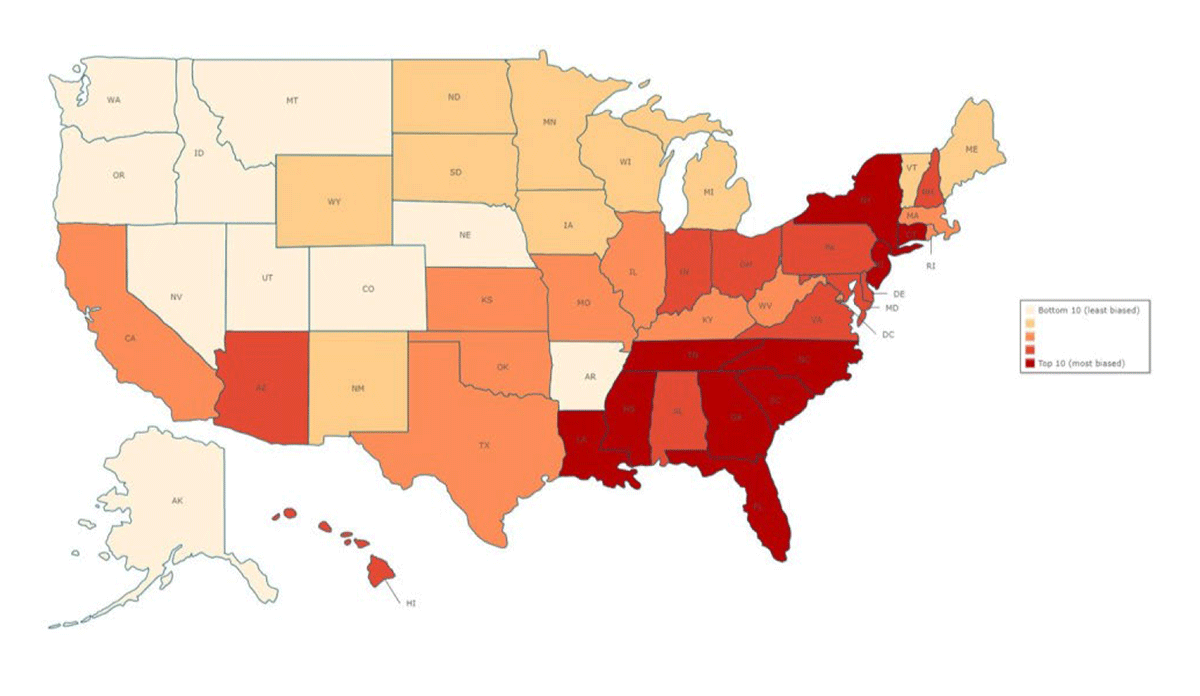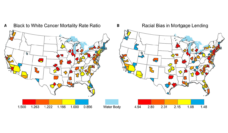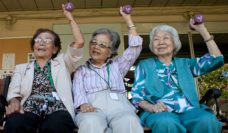Society tells us getting older is something to be hidden and fixed. We are drawn towards bottles of anti-aging serums and jars of wrinkle-erasing face creams, hoping they will quell the fear of losing our health and vitality.
Negative stereotypes towards aging and older people are deeply ingrained in our psyches. These include views that older people are forgetful, a burden, and unable to learn new things. Young people who hold negative age stereotypes are more likely to experience a cardiovascular event (e.g., stroke or heart failure) earlier in life compared to those with more positive views on aging.
This ageism often exists outside of our conscious awareness, and is known as implicit age bias. Researchers Hannah Giasson and William Chopik explored the associations between implicit age bias, the health of individuals over age 65, and Medicare expenditures. They obtained data about attitudes toward aging from Project Implicit, which has collected online survey responses from a representative sample of more than 800,000 people. Project Implicit captures preferences for young faces vs. old faces, which suggests negative age stereotypes. Data on state-level health outcomes and Medicare spending came from the Centers for Disease Control and Prevention and the Centers for Medicare and Medicaid.
The map above highlights states with the greatest implicit age bias in dark red. Most of these states are located on the east coast and in the south. New Jersey, Connecticut, and Mississippi are the most age-biased. In these states, people over the age of 65 experienced higher levels of mental distress, obesity, and feelings of being physically unhealthy. These results persisted after accounting for each state’s age distribution and may reflect discrimination from health care providers, disparities in the availability of health and wellness services, social exclusion and isolation, or self-stigmatization leading to less healthy habits or lesser self-care. States with higher implicit age bias also spent more on Medicare per enrollee. Increased Medicare spending is associated with poorer population health.
Shifting our culture’s negative attitudes about aging can help promote the health of older adults. Intergenerational community engagement programs offer one avenue for change. These interventions bring older and younger people together through educational workshops, volunteer programs, and recreational activities to reduce negative preconceptions about aging and enhance support systems across all age groups.
Databyte via Giasson, Hannah L., Chopik, William J. Geographic patterns of implicit age bias and associations with state-level health outcomes across the United States. European Journal of Social Psychology. Volume 50, issue 6, P1173-1190 2020.














